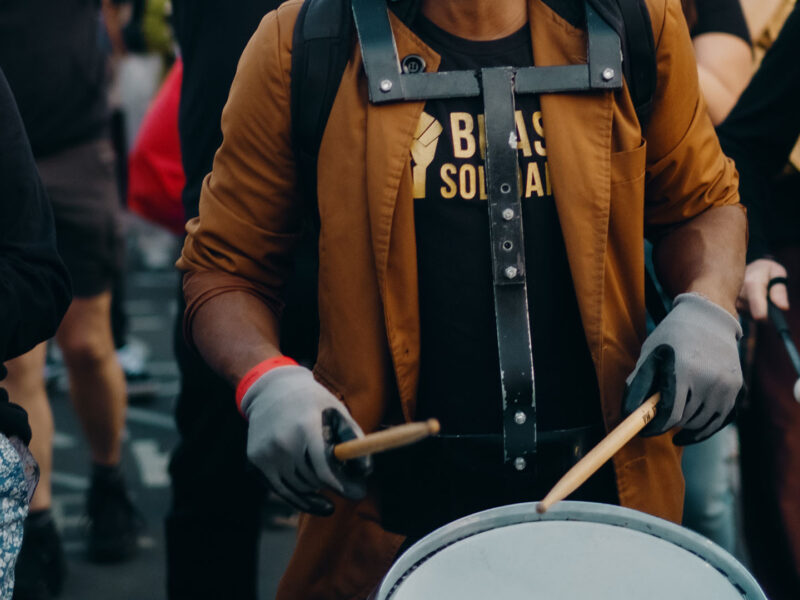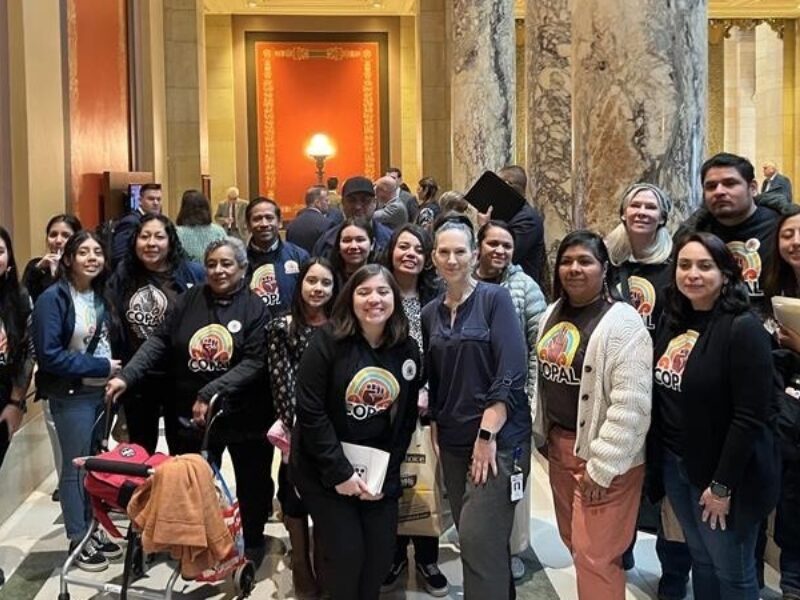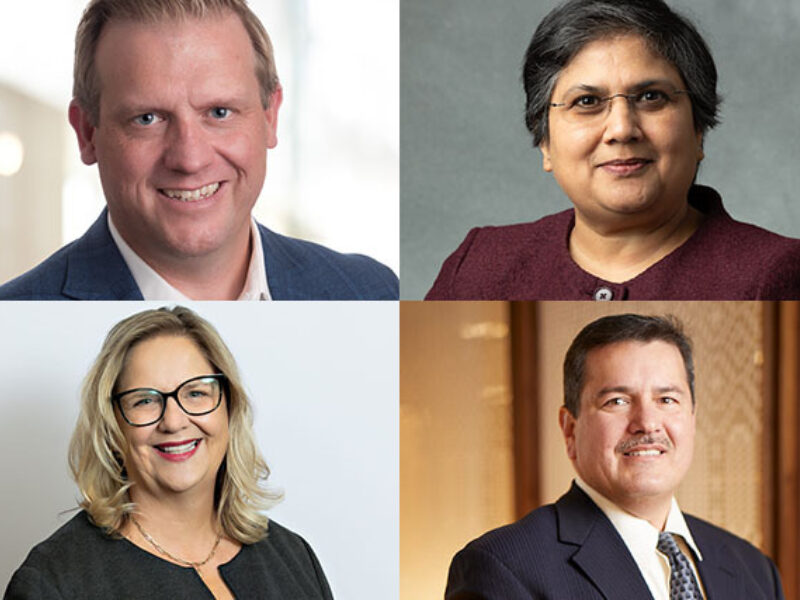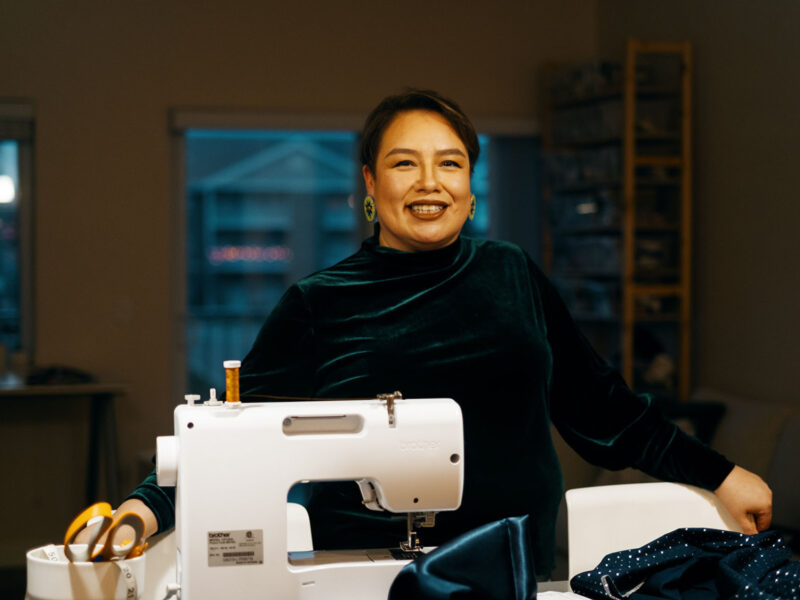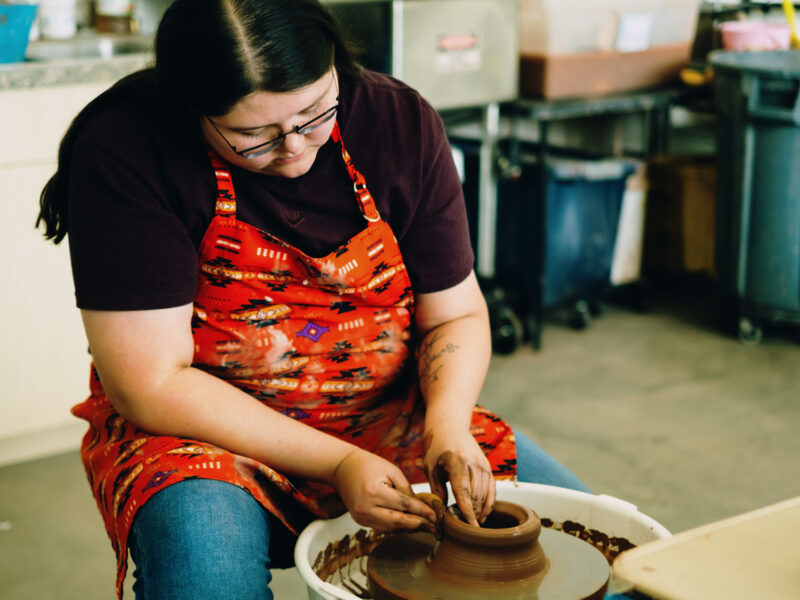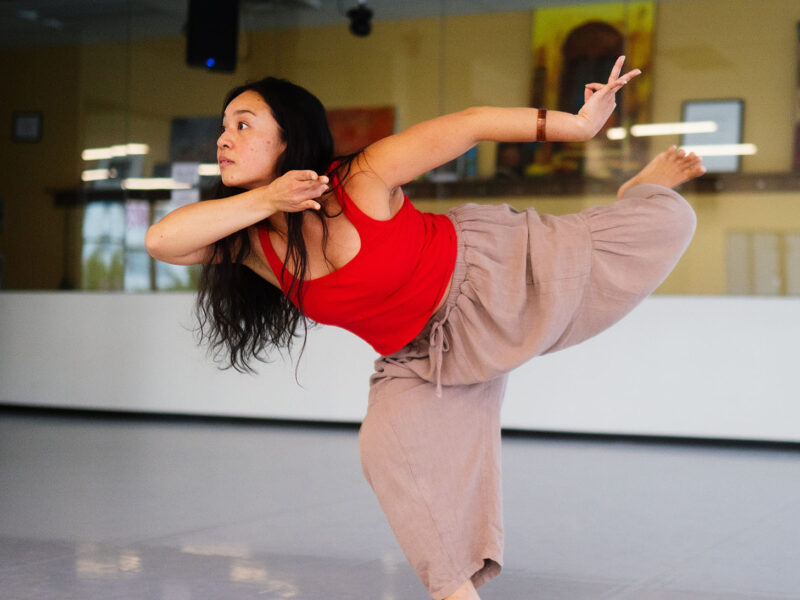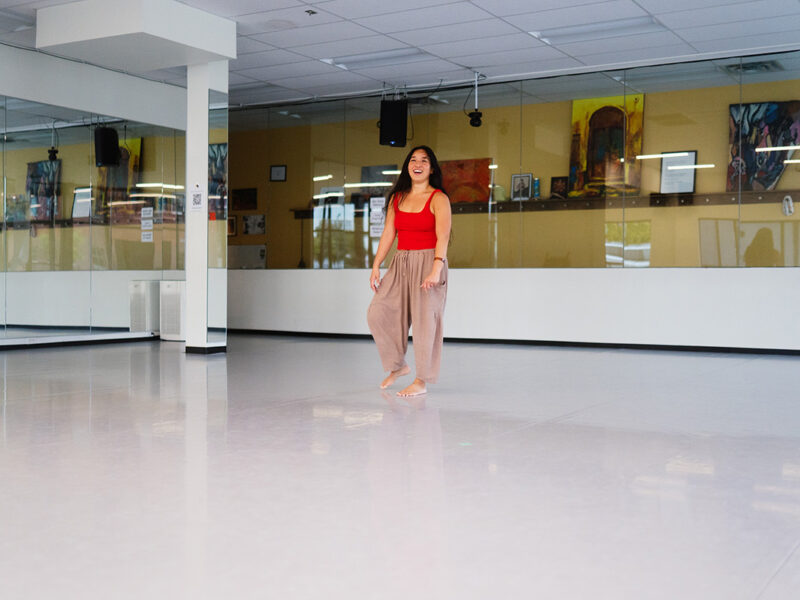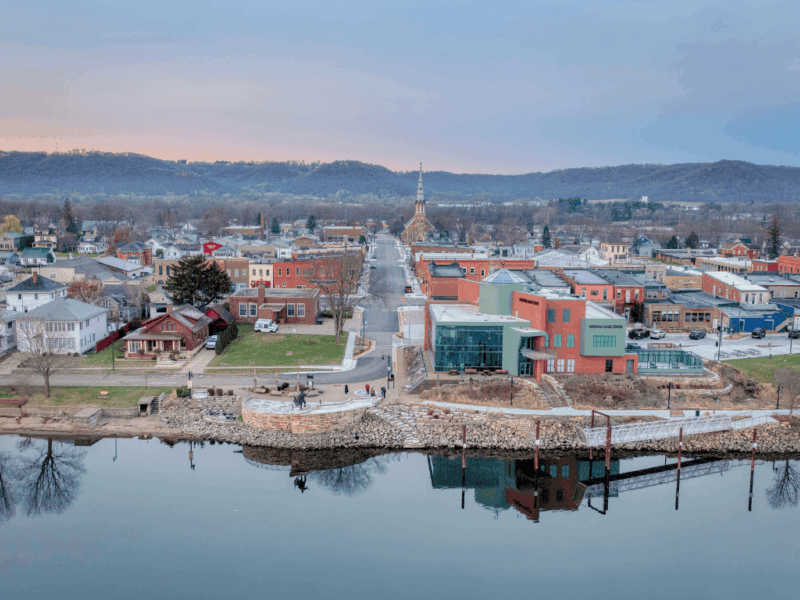White Bear Center for the Arts is on a mission to create healing during the pandemic.
For 17 years, Suzi Hudson has been the executive director of White Bear Center for the Arts, leading the organization through challenging times – but nothing like the obstacles that arose in the wake of the COVID-19 pandemic.
From transitioning in-person classes to a virtual setting, finding creative ways to offer movement classes in a safe setting, engaging artists through meaningful online conversations, to holding virtual exhibitions, the pandemic hasn’t stopped the Center from supporting its community.
We recently sat down with Suzi to talk about the Center’s work and how it has changed during the pandemic.
Tell us about White Bear Center for the Arts.
White Bear Center for the Arts is a community arts center founded in 1968 under the leadership of Sister Florentine, who was a nun and taught music and recognized the importance of music and art in a person’s quality of life. She and a small, but passionate, group of artists believed the arts are at the heart of a vibrant and healthy community, and so, founded the art center.
The Center celebrated its 50th anniversary in 2018, and still holds true to its original intent of being a resource for the community.
What programs, classes or resources do you provide to the community?
Core to our services are our classes and up until the pandemic, we were offering over a thousand classes a year. That has been reduced a little bit, but most are still going strong with the pivot we made in April to offer virtual classes. Our virtual class offerings include drawing, painting, language, movement, writing, artist development, clay and more. We also have artist critiques and artist talks, some professional development workshops for artists, and we have about eight exhibitions per year. We also do a lot of outreach and work with the area public schools.
How has the pandemic changed the way you serve your community?
We were very proactive early on. We looked at how to put our community, our members and our people first in terms of their safety, how to offer support that was, and continues to be, a need during these times, and how to make that support as accessible as possible. We closed our building to the public on March 12, but in recognizing the need for community engagement and healing in the early weeks of the pandemic, we sent out weekly electronic care packages, which were viewed over 60,000 times and included a meditative exercise, cooking recipe, art activity and some beautiful artwork.
We offered a virtual summer kids camp program, and in the wake of the George Floyd killing and the unrest that followed, we made all of our kids’ classes free and open to the public in an effort to offer some healing to our community. This Fall, we started offering outdoor, socially-distanced classes, including plein-air painting, ballet and Tai Chi.
Do you anticipate anything about the way you provide your services will change over the winter?
We will continue our online programming. We also have a Sunday artist market happening now onsite that will continue through the winter and will include outdoor activities. Artists have been hit so hard by the pandemic, so we’re happy to be able to provide a safe space for artists to be able to sell their work and connect with their community. Along with our outdoor labyrinth, we’ll have tents set up outside in the lawn and under the front porch, along with an outdoor wood-burning fire, to be able to provide this resource for artists throughout the winter.
Have there been any silver linings you’ve observed? Perhaps in the way you serve your community or how people are able to access your services?
Moving to the digital space has expanded our reach globally. We’ve had entries from nine different countries for our plein-air exhibition this past summer, which used to be more regional in terms of participation. Our boundaries have suddenly gone from regional to global, and that’s something we could have never envisioned. The dialogue that starts to happen between artist and artwork when you expand beyond your own region is so interesting.
In many ways, what we offer has become more accessible to a wider, diverse population. We’ve also had to lean on some of our younger artists to lead the way in these new, digital formats, and that’s been a beautiful dynamic to witness.
Why are the Arts and access to the Arts so important – especially during times of stress or worry?
Community is important during times of stress and worry. We have a very diverse community, and the arts are a wonderful way to both celebrate that and grow that and to have those conversations that inform us about all of the different cultures of our community and world.
Through the arts and through that conversation and dialogue, we learn that there’s so much more that we have in common – than not – and the arts really get to the heart of that and allow us to come together and heal.
Any exciting plans for 2021?
We have experienced tremendous growth in the last six years. It was clear a couple of years ago that we needed more space. We acquired four additional properties directly to our west. Those properties are all united now and ready for our expansion. That construction will begin in November. We're hoping that everything will be completed by late Spring/early Summer 2021. We will have a grand opening and offer in-person classes again as soon as it is safe to do so.
What can people do to support you and your work?
Come and join us! Be a part of this community and this community arts center. Artists who are interested in sharing their creative gifts with the community should connect with us.
Of course, financial support is always a critical component of every nonprofit. The funds we raise allow us to keep tuition low and offer scholarships in order to increase access to our offerings. We have an artist cookbook coming out in a few weeks called “Arts and Eats.” You can support us by purchasing a copy. You can also support our artist community both online and at our artist market. Year-end gifts are more urgently needed than ever before. You can donate on our website, by phone, or by mailing a check to: 4971 Long Ave. White Bear Lake, MN 55110.
Is there anything else that you would like to share?
We are so grateful to the Saint Paul & Minnesota Foundation and all the support that they have offered the arts center — not just through financial support, but we hold our endowment fund with them, and they offer professional development opportunities that have helped us grow as an organization. We’re so aligned with their values and just appreciate so much of the community work that the Foundation does.
It takes a village, and today it takes a virtual village, and that virtual village just really has no limits.






